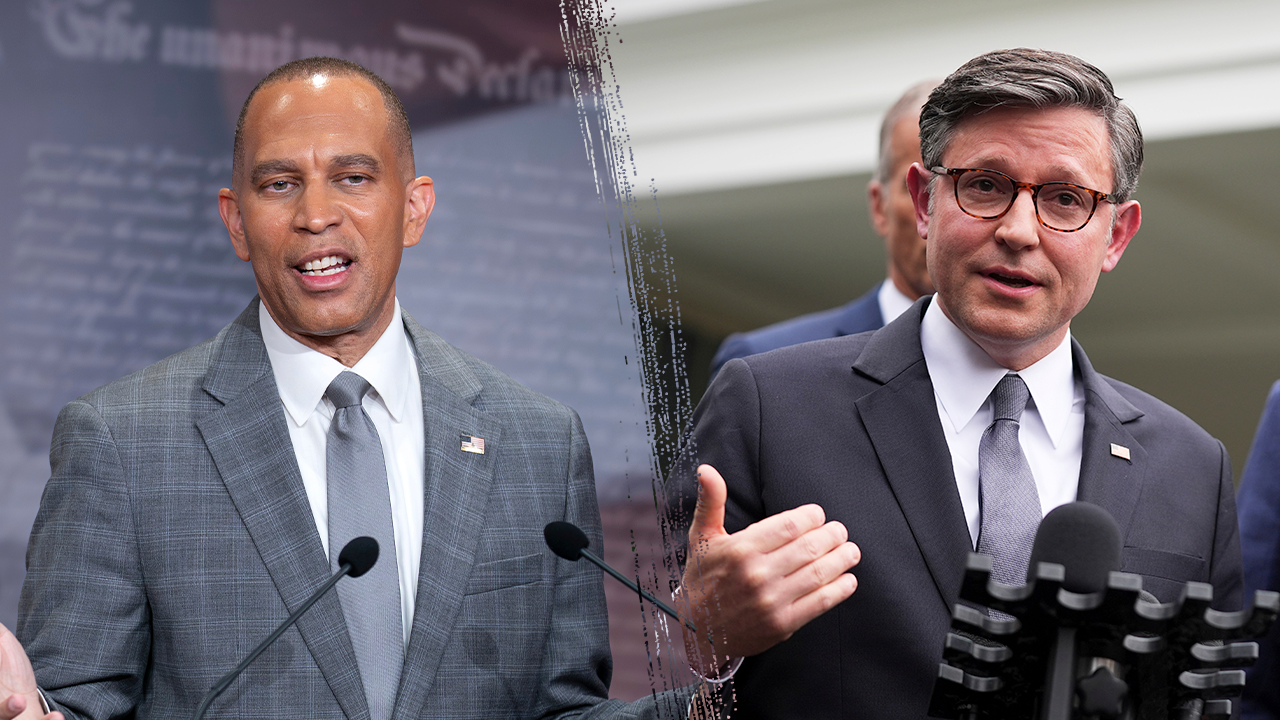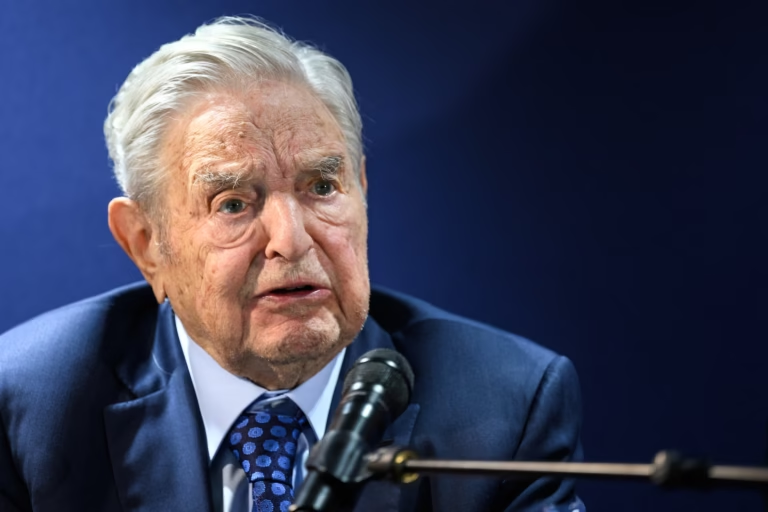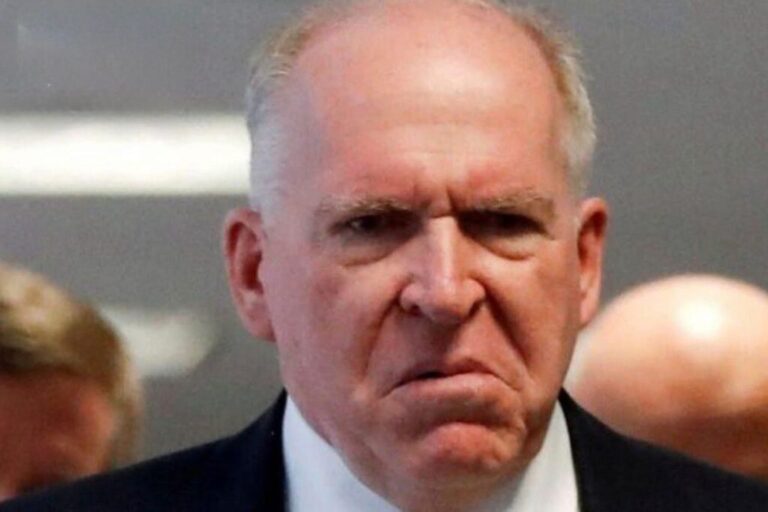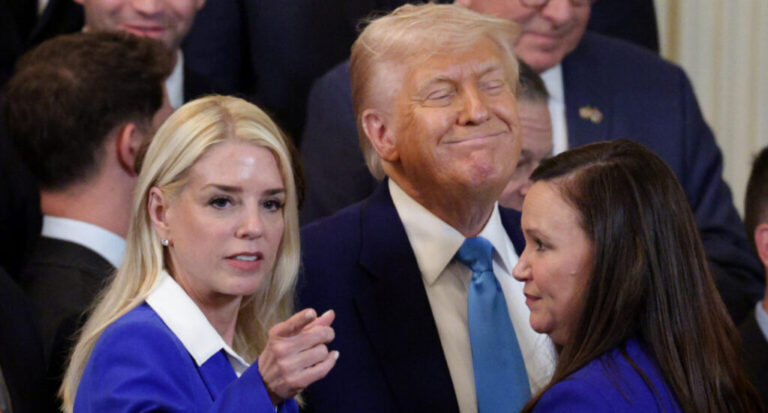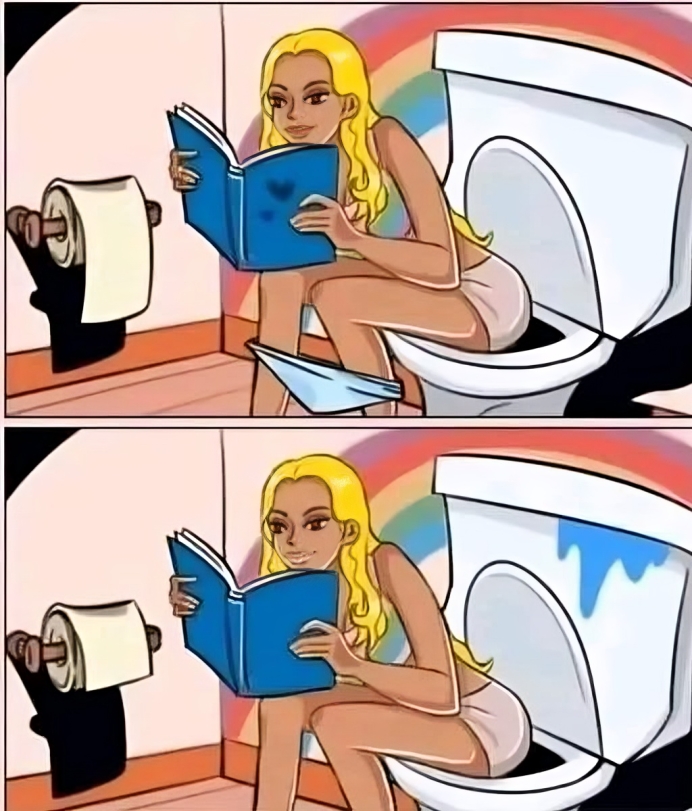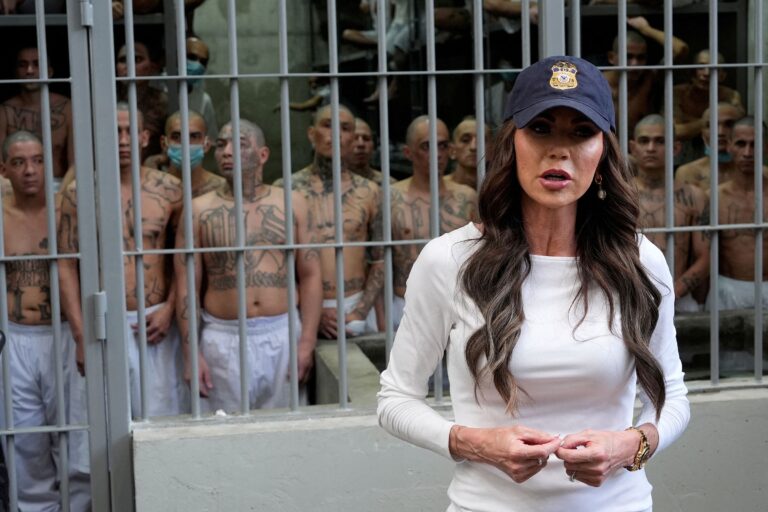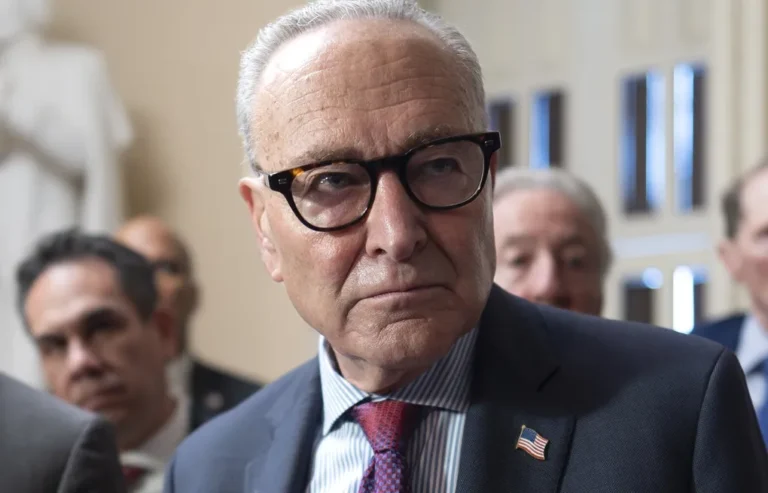Speaker Johnson Criticizes No Kings Rallies as Political Theater Amid Government Shutdown
In an interview that quickly dominated headlines, Speaker of the House Mike Johnson delivered a blistering critique of the “No Kings” rallies that swept across several major cities this week, calling them “hate America rallies” and accusing Democratic leadership of orchestrating them for political gain.
The comments came during a wide-ranging interview that touched on the ongoing government shutdown, public demonstrations, and the continuing political standoff in Washington.
Johnson’s remarks reflected his growing frustration with what he views as partisan theatrics designed to distract from the shutdown’s origins.
He began by acknowledging the right to protest but questioned the sincerity and purpose of the rallies.
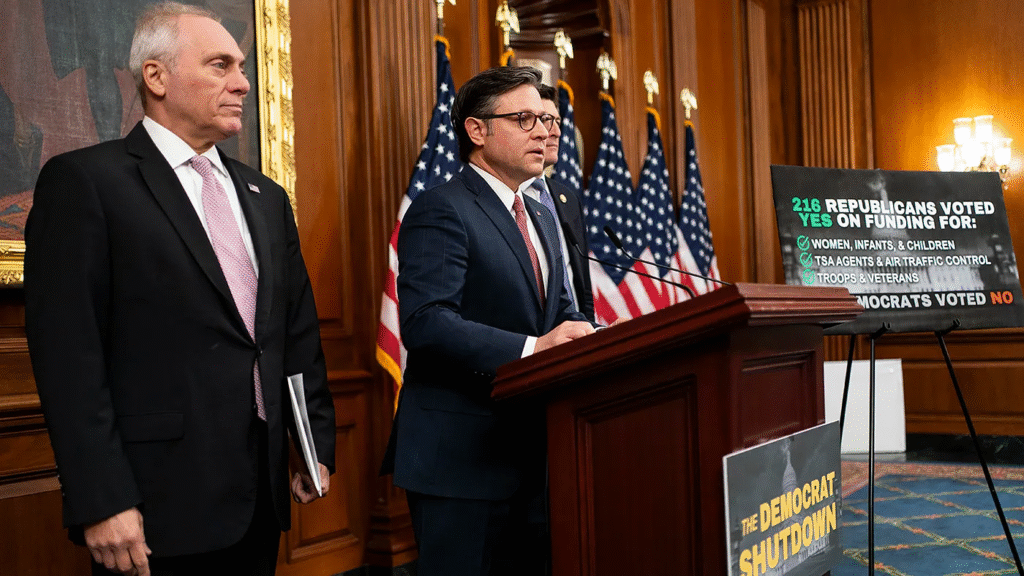
“That collection of folks that I listed were certainly part of it,” he said. “We congratulate them on an apparently violent-free free speech exercise. I was a First Amendment lawyer for 20 years; we defend that right. But the irony of the message is pretty clear for everyone.”That irony, according to Johnson, lies in the movement’s choice of rhetoric and its political timing.
He argued that while protestors claim to stand for democracy and accountability, their message ultimately misrepresents the balance of power and the real cause of the shutdown. “If President Trump was a king, the government would be open right now,” Johnson said pointedly.“If President Trump was a king, they would not have been able to engage in that free speech exercise out on the Mall—by the way, which was open because President Trump hasn’t closed it.”The Speaker’s remarks appeared to juxtapose the current handling of public spaces during the shutdown with what he described as prior Democratic overreach.
“In the last shutdown, 2013 era, President Obama closed the National Mall, closed all the national parks, didn’t allow people to engage in all this,” Johnson said.
“So, I mean, they needed a stunt, they needed a show. Chuck Schumer needs cover right now. He’s closed the government down because he needs political cover and this was a part of it.”His tone was firm, deliberate, and layered with frustration toward what he sees as manipulative tactics by Democratic leaders.
To Johnson, the “No Kings” rallies were not an organic expression of concern about governance or democracy but a carefully planned distraction designed to deflect accountability for the shutdown’s economic and social consequences.Throughout the interview, Johnson’s delivery remained disciplined and forceful. He repeated his long-held stance that the Republican-led House had offered reasonable solutions to keep the government functioning but that Senate Democrats refused to engage in good faith negotiations.
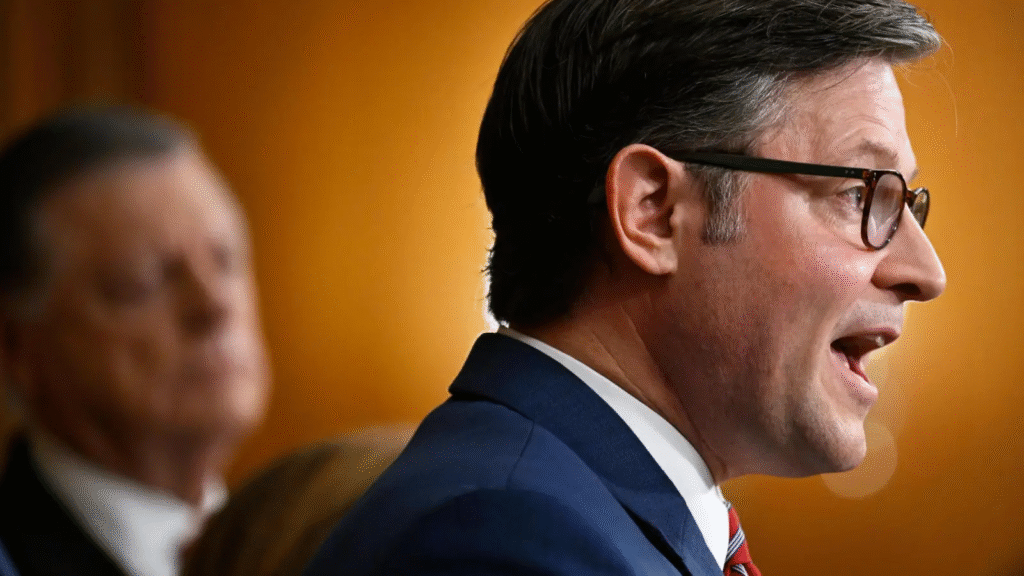
By framing Schumer’s actions as an intentional obstruction, Johnson sought to flip the narrative of blame that had been building around the shutdown.The phrase “No Kings” itself became a focal point of the exchange. Protesters had used it as a symbolic rejection of what they described as “authoritarian tendencies” within Trump-aligned politics. Johnson, however, flipped the argument on its head.“The irony,” he emphasized, “is that if President Trump truly had the unchecked power they claim, the very protest they’re holding wouldn’t even exist.
The fact that they can gather freely, speak freely, and criticize freely proves exactly the opposite of what they’re saying.”His statement, at once a legal observation and a political counterpunch, reflected his training as a constitutional lawyer.
For two decades before entering Congress, Johnson worked on First Amendment and religious liberty cases, experience that he frequently invokes when discussing issues of speech and expression.In this moment, he used that background to frame the protests not as a challenge to authoritarianism but as evidence of the freedoms guaranteed under the very system protesters claim to oppose.
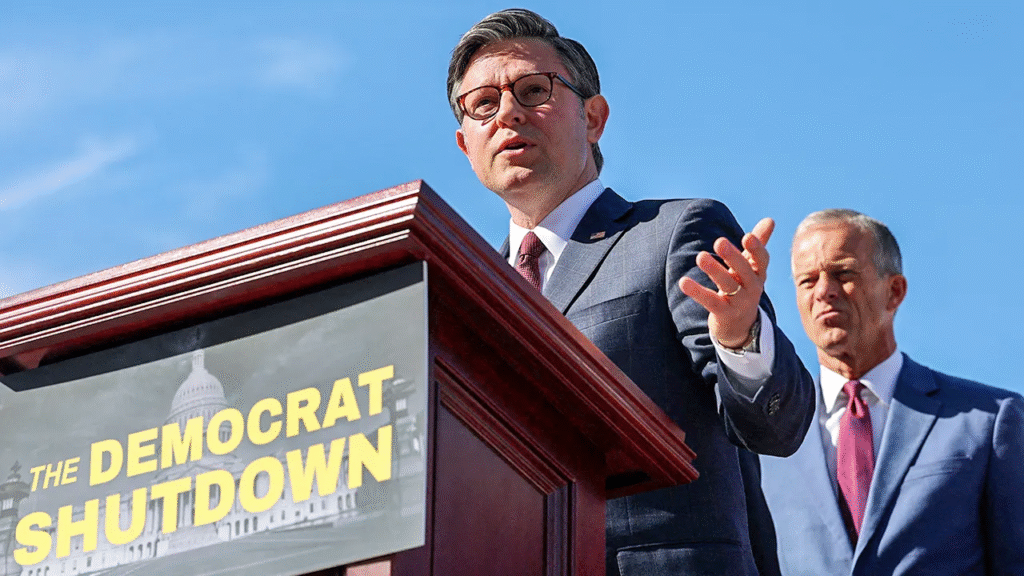
The interview then shifted toward the practical implications of the shutdown itself. When pressed on whether his rhetoric risked further division, Johnson redirected responsibility back to Senate Democrats.“This is not about rhetoric,” he insisted. “This is about reality. The government is closed because of deliberate inaction by Senator Schumer and his allies. He’s looking for someone to blame, and this rally was part of the narrative-building to do just that.”Johnson’s accusation that Schumer “needed a stunt” framed the rally as a piece of political theater designed to shift media attention.“He’s closed the government down because he needs political cover,” Johnson reiterated. “This was part of it.”Political analysts noted that Johnson’s framing was both strategic and consistent with his approach since becoming Speaker.
By painting Democratic leadership as responsible for the shutdown and the protests as stage-managed distractions, Johnson sought to reclaim narrative control in a debate that has been heavily polarized.
His invocation of the 2013 shutdown under President Obama served to remind listeners that government closures are not unprecedented and that their management often reveals more about political motives than fiscal realities.“When Obama shut the government down, the National Mall was closed. The parks were closed. Everything was off-limits,” Johnson said.“This time, it’s different. The Mall is open. The people are there, they’re exercising their rights freely — and yet somehow, I’m being told this is tyranny? It doesn’t make sense.”That comparison resonated with Johnson’s broader argument that current Democratic messaging is less about principle and more about optics.“They needed a show,” he repeated, emphasizing that public perception has become a key battleground.“They needed something to distract from the fact that they’re the ones holding up government operations.”The Speaker’s remarks also carried an undertone of disdain for what he perceives as hypocrisy within the political establishment.
His repeated use of the word “irony” was not just rhetorical flair — it was his way of underscoring what he sees as the disconnect between the left’s narrative of oppression and the freedoms Americans continue to exercise daily.
Observers of Johnson’s leadership style noted that the exchange reflected his tendency to mix legal precision with moral argument.
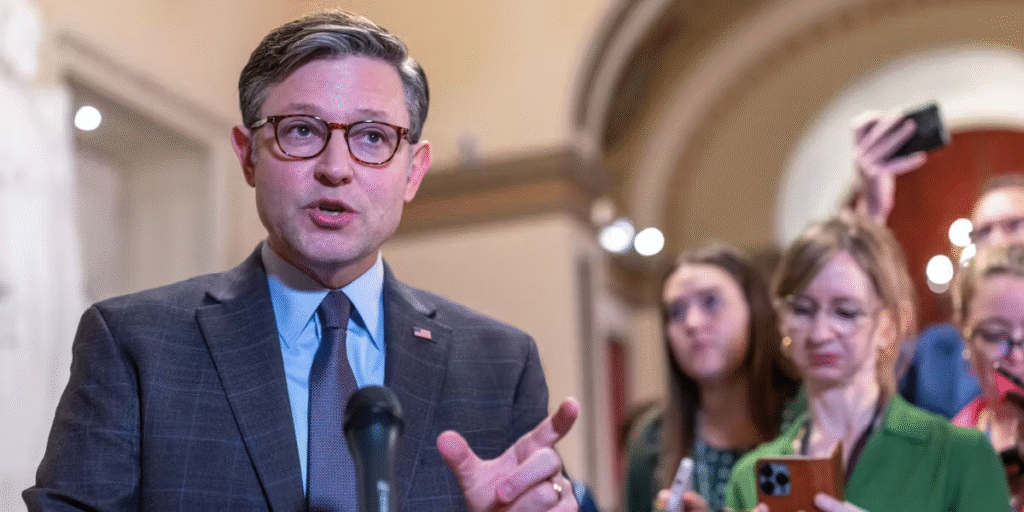
His comments about defending free speech rights “for 20 years” were as much a defense of principle as they were a political statement. To him, the right to protest, even against his own party, is sacred — but it cannot be used as a shield for political deception.“We defend that right,” he said, “but we also recognize when it’s being manipulated for show.”The broader context of the interview painted a picture of a government paralyzed by mistrust and messaging wars. As the shutdown continued to ripple across federal agencies, each side accused the other of prioritizing politics over people.Johnson’s remarks, though sharp, were part of a wider Republican effort to reframe the shutdown as a Democratic creation rather than a bipartisan failure.
Yet, the Speaker’s words also revealed an underlying frustration with what he considers a lack of honesty in the national discourse.His closing comments emphasized accountability and transparency, themes that have become central to his tenure.“We’re not going to play games with the American people,” he said. “We’ve made our offers clear, we’ve shown what we’re willing to compromise on, but as long as they’re more interested in staging rallies than in reopening the government, this will continue.”By aligning himself with the ideals of open dialogue and constitutional order, Johnson positioned his critique not merely as political retaliation but as a moral argument about governance itself.In his view, leadership requires clarity, courage, and adherence to principles, even when unpopular.
The “No Kings” movement, as he framed it, represented the opposite — a populist theater built on fear rather than fact.Throughout the conversation, Johnson’s tone remained calm yet cutting, weaving constitutional logic with political instinct.
He did not raise his voice or lean on emotional appeals; instead, he spoke with the steady cadence of a lawyer presenting a closing argument.His performance left supporters praising his composure and critics accusing him of deflection, but it undeniably reinforced his role as one of the Republican Party’s most articulate defenders in a moment of deep national division.
In the days following the interview, Johnson’s remarks were widely circulated across news networks and social media.Supporters hailed him for exposing what they called “manufactured outrage,” while opponents accused him of minimizing legitimate public concern.
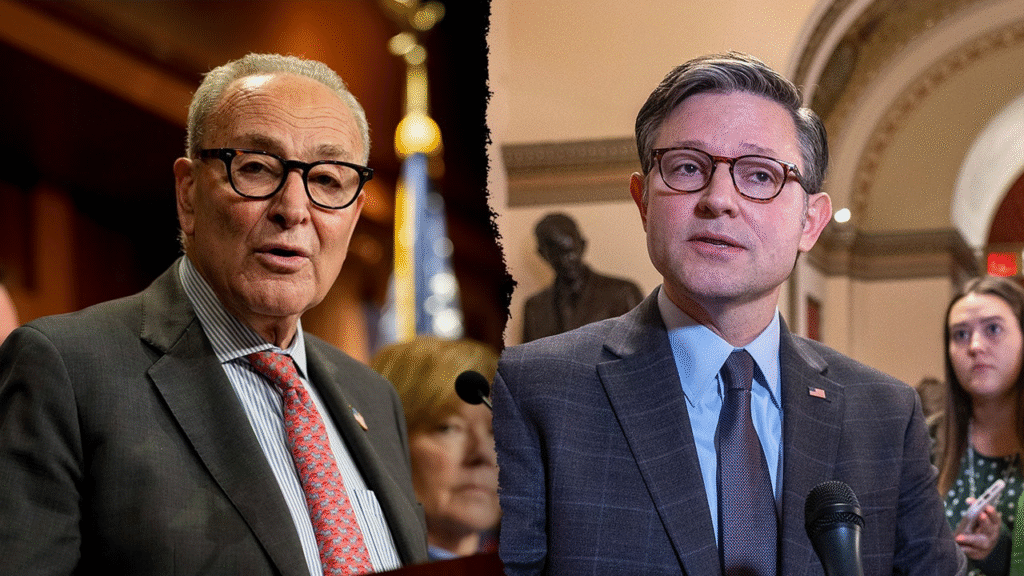
Still, few could deny that the Speaker had succeeded in reframing the conversation, turning a grassroots protest into a referendum on Democratic strategy and accountability.
The moment underscored a defining feature of American politics in the post-pandemic era: that symbolism often matters more than policy, and perception can shape outcomes as powerfully as votes.Johnson’s words, though delivered in measured tones, carried the force of political conviction — a conviction rooted in the belief that strength lies in exposing contradiction and calling out hypocrisy.
By the end of the interview, one message was clear. The Speaker was not merely responding to protests; he was declaring a broader philosophical stance.“They can shout ‘No Kings’ all they want,” he said, “but the only thing standing between them and the chaos they claim to fear is the system we defend — a system built on freedom, not fear, and on law, not spectacle.”With that, Johnson concluded the interview, leaving a trail of commentary and debate that will likely continue well beyond the shutdown.
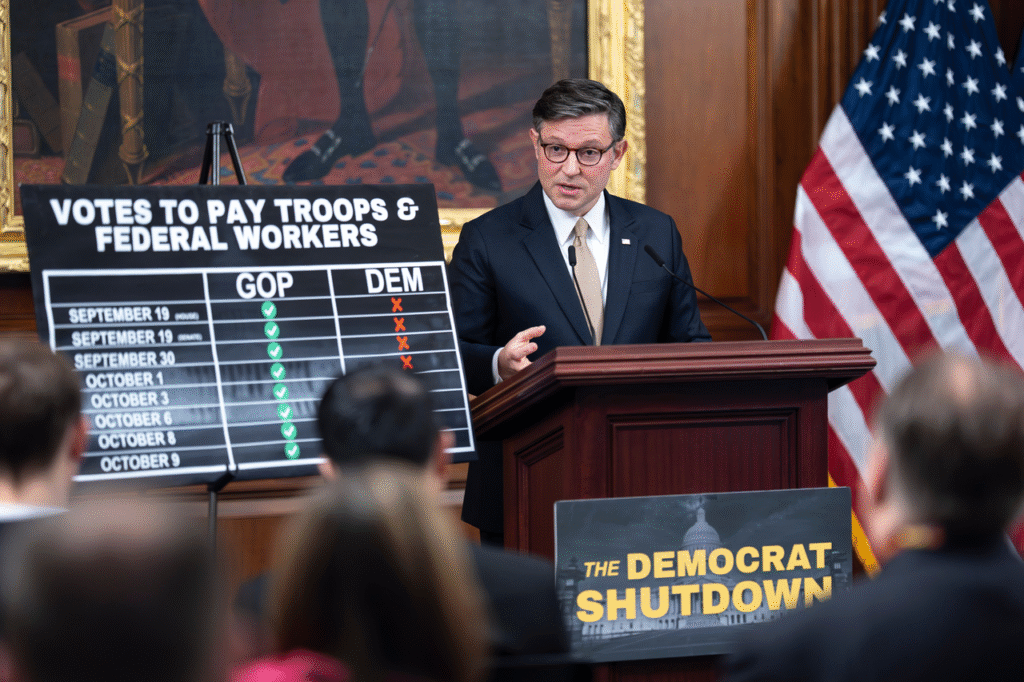
His remarks served as both defense and declaration: a reaffirmation of his belief in the principles of constitutional democracy and a reminder that, in his view, those shouting the loudest against power often misunderstand how much freedom they already possess.
